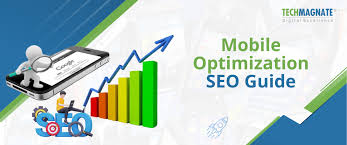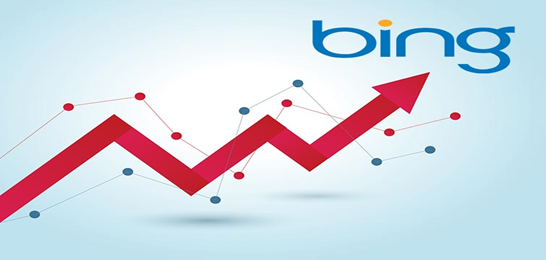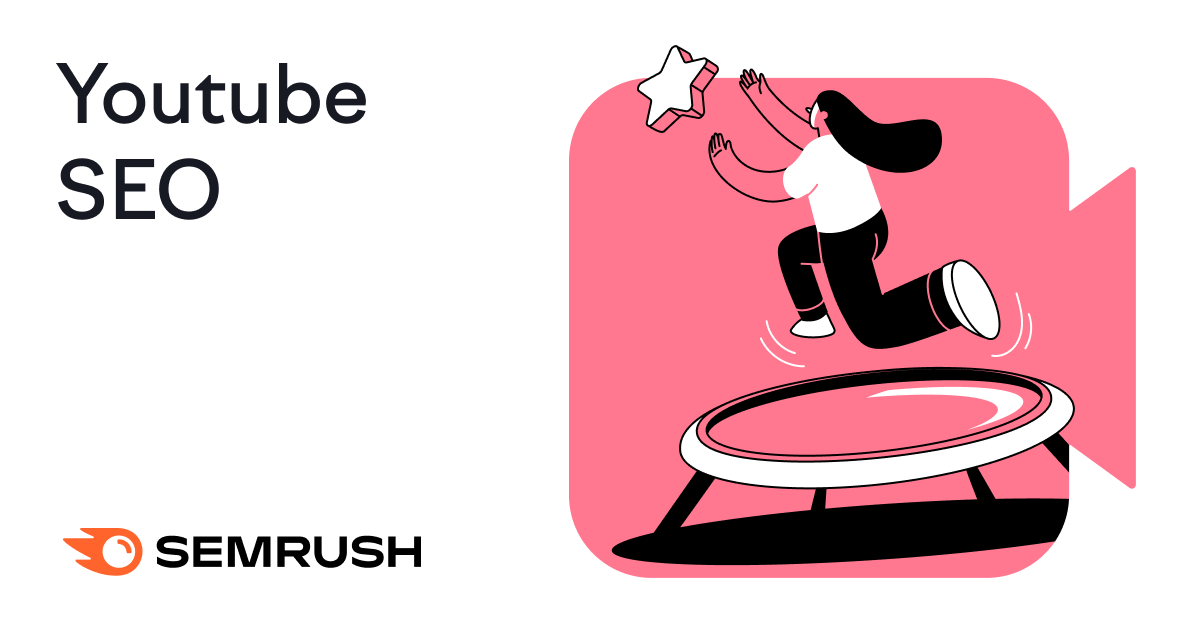Mastering the Art of On-Page Search Engine Optimization: A Guide to Enhancing Your Website’s Visibility
The Power of On-Page Search Engine Optimization
Search engine optimization (SEO) is a pivotal component of digital marketing strategies, and on-page SEO plays a crucial role in enhancing a website’s visibility and ranking on search engine results pages. On-page SEO involves optimizing individual web pages to improve their relevance to specific keywords and phrases, making it easier for search engines to understand the content and rank it accordingly.
Key Elements of On-Page SEO:
- Title Tags: Title tags are HTML elements that specify the title of a web page. They are displayed on search engine results pages as clickable headlines, making them essential for both SEO and user experience.
- Meta Descriptions: Meta descriptions provide a brief summary of a web page’s content. While they do not directly impact search engine rankings, compelling meta descriptions can improve click-through rates.
- Heading Tags: Heading tags (e.g., H1, H2) help structure content and indicate its relevance to search engines. Properly using heading tags can enhance readability and SEO.
- Keyword Optimization: Incorporating relevant keywords naturally throughout the content can signal to search engines what the page is about. However, keyword stuffing should be avoided as it can harm rankings.
- URL Structure: Creating descriptive and user-friendly URLs that include target keywords can positively impact both SEO and user experience.
- Image Alt Text: Adding descriptive alt text to images not only improves accessibility but also provides search engines with more context about the content of the page.
The Benefits of On-Page SEO:
Effective on-page SEO practices can yield numerous benefits for websites, including:
- Improved Search Engine Rankings: Optimizing on-page elements can help websites rank higher for relevant keywords, increasing visibility and organic traffic.
- Better User Experience: By structuring content logically and using relevant headings, users can navigate websites more easily, leading to increased engagement and lower bounce rates.
- Increase in Conversions: When users find what they are looking for quickly and easily due to well-optimized on-page elements, conversion rates are likely to improve.
In conclusion, on-page SEO is an indispensable aspect of any comprehensive digital marketing strategy. By focusing on optimizing individual web pages for both users and search engines, businesses can enhance their online presence, attract more organic traffic, and ultimately achieve their digital marketing objectives.
Six Essential On-Page SEO Tips to Enhance Your Website’s Performance
- Use relevant keywords in your page titles
- Optimise your meta descriptions with compelling and informative content
- Create unique and high-quality content for each page of your website
- Optimise your headings (H1, H2, etc.) with relevant keywords
- Improve your website’s loading speed for better user experience and SEO performance
- Optimise images with descriptive filenames and alt text
Use relevant keywords in your page titles
Utilising relevant keywords in your page titles is a fundamental aspect of effective on-page search engine optimization. By incorporating keywords that accurately reflect the content of the page, you not only signal to search engines what the page is about but also improve its visibility and relevance for users searching for those specific terms. Strategic placement of keywords in page titles can significantly impact search engine rankings and enhance the overall user experience, making it easier for visitors to understand the content and purpose of the page at a glance.
Optimise your meta descriptions with compelling and informative content
Optimising your meta descriptions with compelling and informative content is a fundamental aspect of on-page search engine optimisation. A well-crafted meta description not only entices users to click through to your website but also provides search engines with valuable information about the page’s content. By incorporating relevant keywords and delivering a concise yet engaging summary, you can enhance both user experience and search engine visibility, ultimately driving more organic traffic to your site.
Create unique and high-quality content for each page of your website
Creating unique and high-quality content for each page of your website is a fundamental aspect of on-page search engine optimization. By crafting content that is original, informative, and engaging, you not only provide value to your visitors but also signal to search engines that your website offers relevant and authoritative information. Unique content helps differentiate your site from competitors and can improve your chances of ranking higher in search results. Additionally, high-quality content is more likely to be shared and linked to by other websites, further boosting your site’s visibility and credibility in the digital landscape.
Optimise your headings (H1, H2, etc.) with relevant keywords
Optimising your headings, such as H1 and H2 tags, with relevant keywords is a fundamental strategy in on-page search engine optimisation. By incorporating targeted keywords into your headings, you not only signal to search engines the main topics of your content but also make it easier for users to understand the structure and relevance of your webpage. This practice enhances both SEO performance and user experience, ultimately increasing the likelihood of your content being discovered by your target audience and ranking higher in search engine results pages.
Improve your website’s loading speed for better user experience and SEO performance
Optimising your website’s loading speed is a crucial tip for enhancing both user experience and SEO performance. A fast-loading website not only provides visitors with a seamless browsing experience but also signals to search engines that your site is efficient and user-friendly. Slow loading times can lead to higher bounce rates and lower search engine rankings, making it imperative to prioritise speed optimisation. By implementing strategies such as image compression, minifying code, and leveraging browser caching, you can significantly improve your website’s loading speed, thereby boosting user satisfaction and enhancing your SEO efforts.
Optimise images with descriptive filenames and alt text
Optimising images with descriptive filenames and alt text is a fundamental aspect of effective on-page search engine optimisation. By assigning relevant filenames to images and providing descriptive alt text, websites can improve accessibility for users and provide search engines with valuable context about the content of the page. This practice not only enhances user experience by making images more understandable to all visitors, including those using screen readers, but also signals to search engines the relevance of the visual content, potentially boosting overall SEO performance.









Leave a Comment